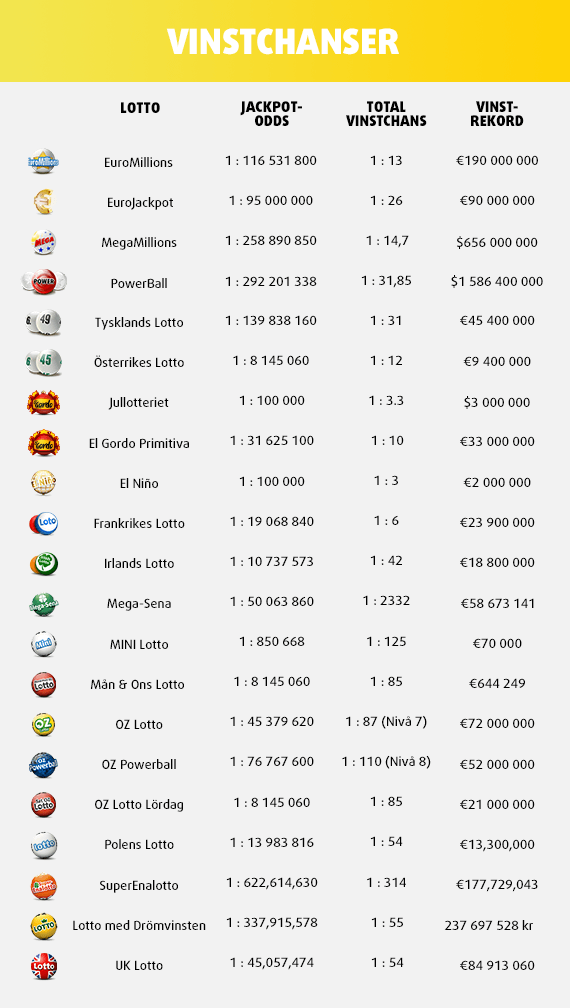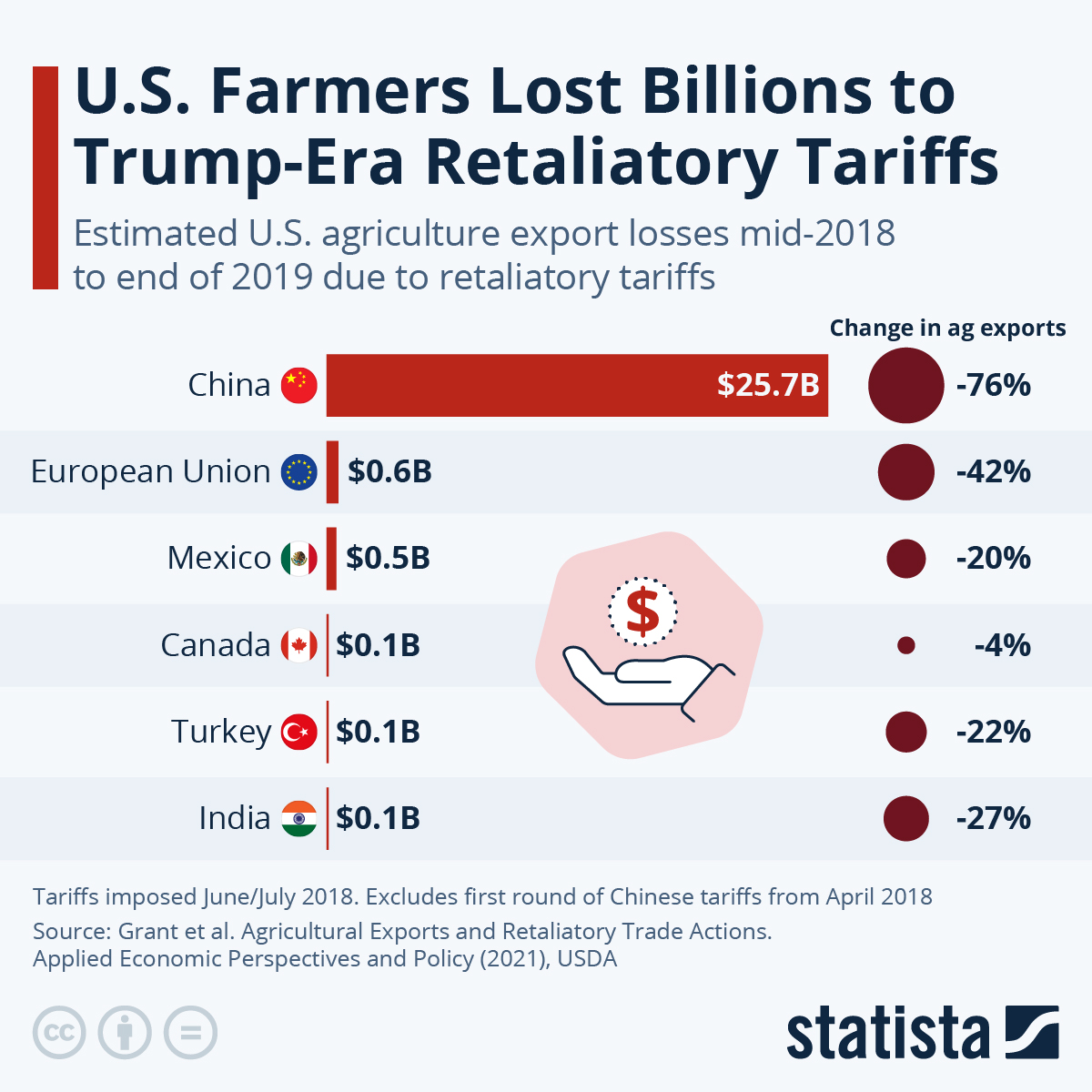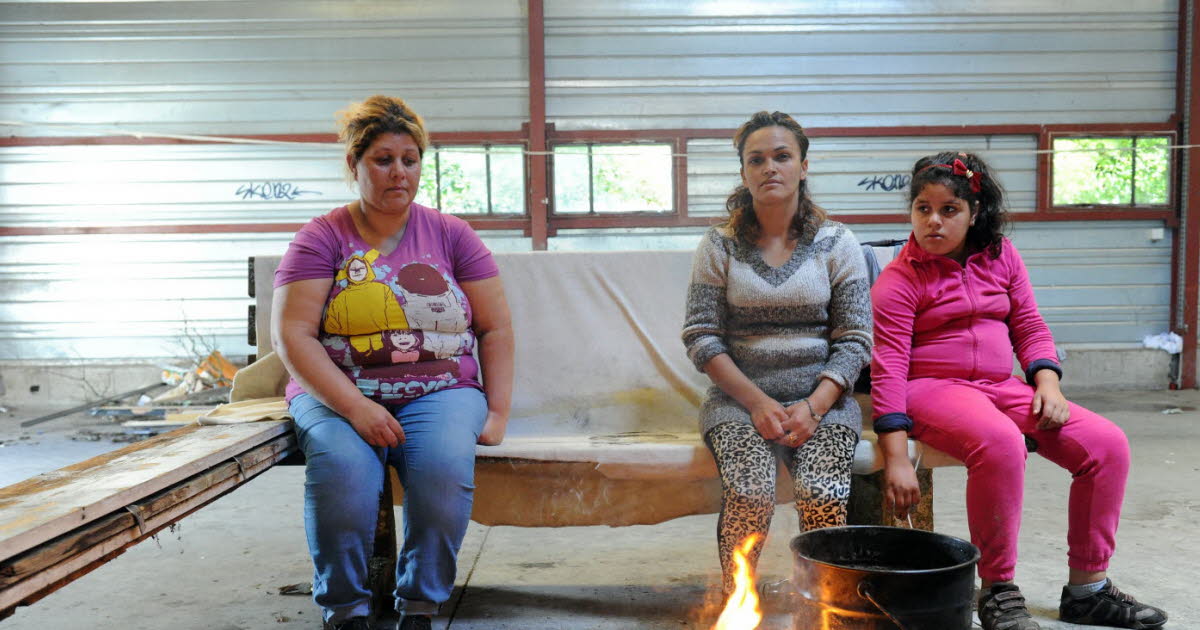Eurovision 2024: Director Defends Israel Hosting Amid Boycott Calls

Table of Contents
The Director's Defense of Israel as the Eurovision 2024 Host
The Eurovision director has vigorously defended the choice of Israel as the host nation, emphasizing several key points to counter the growing boycott movement.
Emphasis on Eurovision's Values of Inclusion and Unity
The director's core argument centers on Eurovision's fundamental values: inclusion, unity, and the celebration of diverse musical cultures. The contest, they argue, transcends political differences and should remain a platform for artistic expression, free from the constraints of geopolitical conflict.
- Examples of past Eurovision events: The director points to past instances where Eurovision has been hosted in countries facing complex political landscapes, highlighting the contest's ability to foster a sense of unity amidst global tensions. Past examples are often cited to emphasize the tradition of inclusivity.
- Statements from the director: Public statements from the director repeatedly emphasize the apolitical nature of the event and its commitment to showcasing musical talent, irrespective of national origin or political affiliation. These statements are frequently used to deflect criticism and focus on the artistic merits of Eurovision. This ensures the focus remains on Eurovision values, rather than the political climate.
- Keywords: Eurovision values, Eurovision inclusivity, Eurovision unity, Eurovision politics, Eurovision neutrality.
Highlighting Israel's Commitment to Hosting a Successful Event
Beyond the philosophical arguments, the director also emphasizes Israel's proven capability to host large-scale international events successfully. The focus shifts to practical considerations, showcasing the country's infrastructure and logistical expertise.
- Previous successful events: Israel's track record of hosting major international conferences, sporting events, and cultural festivals is often highlighted to demonstrate its experience and ability to manage a complex event like Eurovision. Specific examples are frequently cited to build confidence.
- Eurovision 2024 infrastructure and logistics: Details about the planned infrastructure, including venues, accommodation, and transport systems, are frequently presented to reassure critics about the event's preparedness. The detailed planning is intended to showcase competence and commitment to hosting a successful event.
- Keywords: Israel Eurovision preparations, Israel infrastructure, Eurovision logistics, Israel event hosting.
Addressing Concerns about Security and Accessibility
Concerns about security and accessibility are directly addressed by the director. Assurances are given that robust security measures are in place to guarantee the safety of all participants, viewers, and staff. Furthermore, efforts to ensure accessibility for people with disabilities are highlighted.
- Security protocols: The detailed security protocols planned for the event, including measures to address potential threats, are publicly outlined to alleviate anxieties. Transparency regarding security plans is crucial to building trust and confidence.
- Accessibility initiatives: The event's commitment to inclusivity is further underscored by detailing the accessibility initiatives for people with disabilities, covering aspects such as wheelchair access, sign language interpretation, and sensory-friendly zones. These details counter arguments of exclusion.
- International travel and accommodations: Efforts are also highlighted to ensure ease of international travel and comfortable accommodations for all participants and visitors. This counters concerns of logistical barriers preventing participation.
- Keywords: Eurovision security, Eurovision accessibility, Eurovision safety, Eurovision travel, Eurovision inclusivity.
Arguments from those Calling for a Eurovision Boycott
The calls for a Eurovision boycott stem primarily from two key concerns: human rights violations and the potential for the event to be used for political propaganda.
Human Rights Concerns and the Israeli-Palestinian Conflict
At the heart of the boycott movement are deep-seated concerns regarding Israel's human rights record and its ongoing conflict with Palestine. Critics argue that hosting Eurovision in Israel legitimizes the country's actions and ignores the suffering of the Palestinian people.
- Specific human rights violations: Boycott advocates cite specific instances of alleged human rights abuses, including the treatment of Palestinians in the occupied territories, the ongoing blockade of Gaza, and the demolition of Palestinian homes. The specific examples are intended to highlight the gravity of the situation.
- Statements from Palestinian activist groups: Statements and perspectives from Palestinian activist groups and human rights organizations are included to give voice to the concerns driving the boycott calls. This provides a counterpoint to the director's narrative.
- Impact of the conflict: The article discusses the profound impact of the Israeli-Palestinian conflict on the lives of Palestinians, framing the boycott as a form of solidarity and protest.
- Keywords: Israel human rights, Palestinian rights, Israeli-Palestinian conflict, Eurovision boycott reasons, Eurovision ethics.
Concerns about the Potential for Political Propaganda
A secondary, yet significant, concern revolves around the potential for the Eurovision event to be used as a platform for political messaging or to overshadow critical human rights issues.
- Examples of past events: Critics point to instances where international events have been utilized for political purposes, suggesting that Eurovision 2024 could be similarly exploited. This is intended to raise awareness about potential misuse of the event.
- Potential government influence: Concerns are raised about the potential influence of the Israeli government on the event, suggesting a risk of censorship or the suppression of dissenting voices. This taps into anxieties about potential political manipulation.
- Keywords: Eurovision political influence, Eurovision propaganda, Israel politics, Eurovision neutrality concerns, Eurovision controversy.
The Impact of the Boycott Calls on Eurovision 2024
The boycott calls have significant potential consequences for Eurovision 2024, impacting both participation and viewership.
Potential Effects on Participation and Viewership
The boycott movement could lead to several adverse outcomes for the event.
- Reduced participation: Some artists and countries may choose to withdraw from the contest in solidarity with the boycott, leading to a significantly reduced number of participants and a less diverse musical lineup.
- Impact on broadcasting agreements: Broadcasters in certain countries might choose not to air the contest, reducing the event's global reach and potential viewership.
- Estimated financial losses: The boycott could lead to substantial financial losses, impacting sponsorships and broadcasting revenue.
- Keywords: Eurovision viewership, Eurovision participation, Eurovision sponsors, Eurovision finances, Eurovision impact.
The Broader Debate on the Role of Art and Politics
The controversy surrounding Eurovision 2024 highlights the complex and often contentious intersection of art and politics.
- Art vs. Politics: The debate explores the arguments for keeping art separate from politics and the counter-arguments emphasizing art's power as a tool for political expression. This acknowledges the complexities of the situation.
- Responsibility of organizers and participants: The article examines the responsibilities of both the organizers and participating artists in navigating politically charged contexts. This examines the ethical considerations involved.
- Keywords: Art and politics, Eurovision ethics, Eurovision responsibility, international events, political expression.
Conclusion
The decision to hold Eurovision 2024 in Israel remains deeply divisive. While the director's defense emphasizes the event's apolitical nature and Israel's capacity to host, the compelling calls for a boycott reflect profound human rights concerns and fears of political exploitation. The controversy illustrates the intricate relationship between art, politics, and international events, raising crucial questions about responsibility and ethical considerations. Understanding the various perspectives presented is crucial for engaging with the ongoing debate surrounding Eurovision 2024. We encourage readers to participate in informed discussion and follow the evolving narrative around Eurovision hosting and potential Eurovision boycotts.

Featured Posts
-
 Fill The Ted Lasso Season 4 Void Hulus Critically Acclaimed Sports Series
May 14, 2025
Fill The Ted Lasso Season 4 Void Hulus Critically Acclaimed Sports Series
May 14, 2025 -
 Suomalainen Voitti 40 000 E Eurojackpotissa Naein Se Tapahtui
May 14, 2025
Suomalainen Voitti 40 000 E Eurojackpotissa Naein Se Tapahtui
May 14, 2025 -
 The Chilling Effect Of Trump Tariffs Affirms Stalled Ipo And The Future Of Fintech
May 14, 2025
The Chilling Effect Of Trump Tariffs Affirms Stalled Ipo And The Future Of Fintech
May 14, 2025 -
 Tommy Fury Hit With Fine Following Post Split Speeding Incident
May 14, 2025
Tommy Fury Hit With Fine Following Post Split Speeding Incident
May 14, 2025 -
 Demandeurs D Asile A Bourg En Bresse Plus De Consideration Pour Une Meilleure Solidarite
May 14, 2025
Demandeurs D Asile A Bourg En Bresse Plus De Consideration Pour Une Meilleure Solidarite
May 14, 2025
